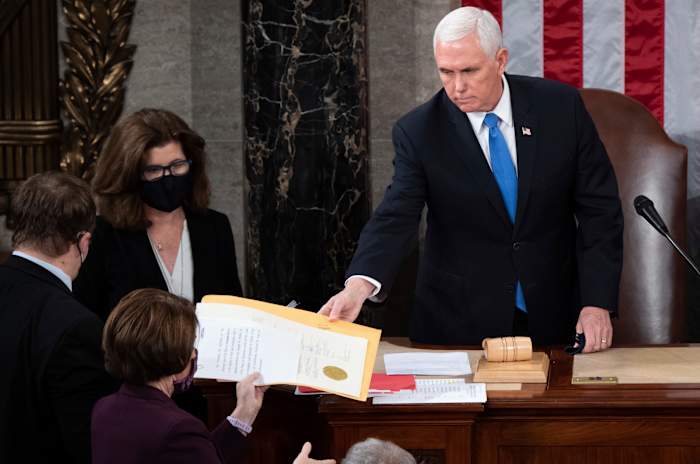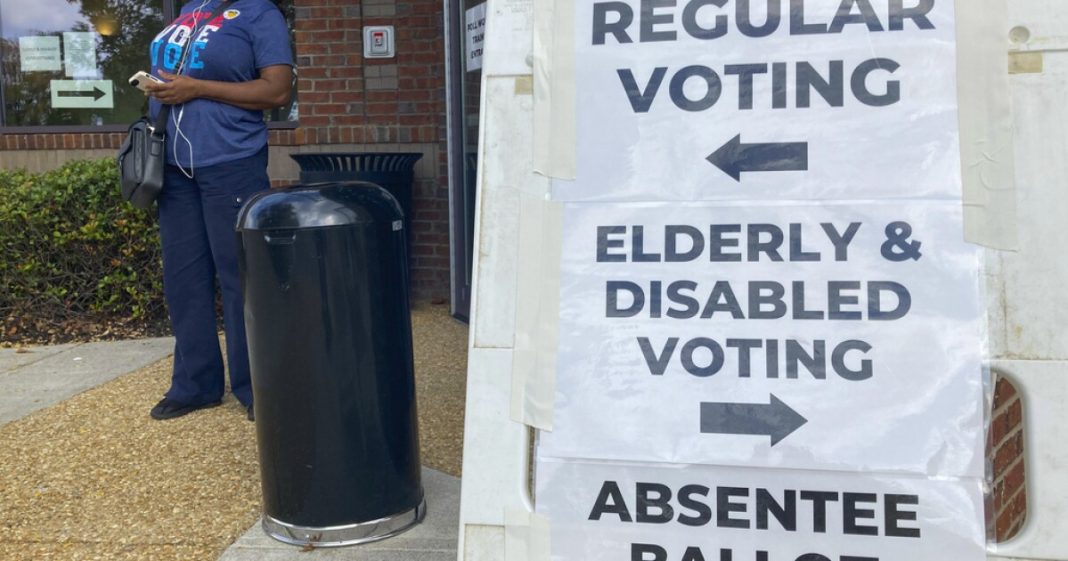Election 2024: A Crucial Test for Democracy in the Wake of January 6
As the nation gears up for the 2024 presidential election, the stakes have never been higher. This election marks the first since the harrowing events of January 6, 2021, when the Capitol was stormed in a bid to overturn the results of the previous election. With new systems and safeguards in place, Congress is hoping to ensure a smooth and peaceful transfer of power, but many are bracing for a tumultuous aftermath as legal challenges and misinformation loom large.
Republican frontrunner Donald Trump and Democratic challenger Kamala Harris are racing toward Election Day, but pro-democracy advocates are already preparing for potential chaos. Wendy Weiser, vice president for democracy at the Brennan Center for Justice, points out that much of the danger this election cycle is concentrated in the post-election period. “One of the unusual characteristics of this election is that so much of the potential danger and so many of the attacks on the election system are focused on the post-election period,” she notes.
In response to the January 6 insurrection, Congress enacted the Electoral Count Reform Act, which aims to clarify the post-election processes. This legislation is designed to expedite the resolution of legal challenges and reinforce that the vice president cannot unilaterally change the election outcome. However, experts caution that while the new law provides some protections, it is not foolproof. The success of these measures largely hinges on the actions and attitudes of the candidates, elected officials, and voters themselves.
Voter anxiety is palpable as Election Day approaches. A recent poll from The Associated Press-NORC Center for Public Affairs Research reveals that many Americans are deeply concerned about the potential for post-election strife. Dick Gephardt, a former House leader now involved with the nonpartisan organization Keep Our Republic, emphasizes the importance of maintaining trust in the electoral process. “Can Americans still have valid trust in elections and can we have consistently a peaceful transfer of power in all offices, including the presidency?” he asks.
Legal challenges are already piling up, with both parties gearing up for battles over the election results. Democracy advocates worry that the sheer volume of lawsuits could sow doubt in the electoral process, echoing the disinformation campaigns that plagued the 2020 election. Trump, who is eager to reclaim the White House, has already begun laying the groundwork for potential challenges, asserting that the election must be “too big to rig.”
House Speaker Mike Johnson has echoed this sentiment, stating that he will only accept the election results if he believes they are free and fair. This rhetoric raises alarms among Democrats, with Rep. Joseph Morelle of New York expressing concern that such statements signal a strategy for contesting the election outcome.
As the election draws near, the timeline between Election Day and Inauguration Day is critical. States must certify their electors by December 11, leading up to the Electoral College meeting on December 17. The new Congress will convene on January 3, and a joint session to accept the electoral count is scheduled for January 6. The Electoral Count Reform Act has instituted several changes to fortify this process, including a requirement that a larger percentage of Congress must agree to challenge a state’s electors.
Rep. Zoe Lofgren, a key architect of the new law, acknowledges the challenges ahead but believes they have done their best to protect the electoral process. “You know people have a right, if they have a problem with the election, to go to court and be heard,” she says. “The thing is, once that’s over, it’s over.”
As the nation stands on the brink of a pivotal election, the hope is that the lessons learned from January 6 will guide the country toward a peaceful and democratic resolution. However, with uncertainty and tension in the air, many are left wondering: will America’s long-standing tradition of a peaceful transfer of power hold strong in 2024? Only time will tell.



